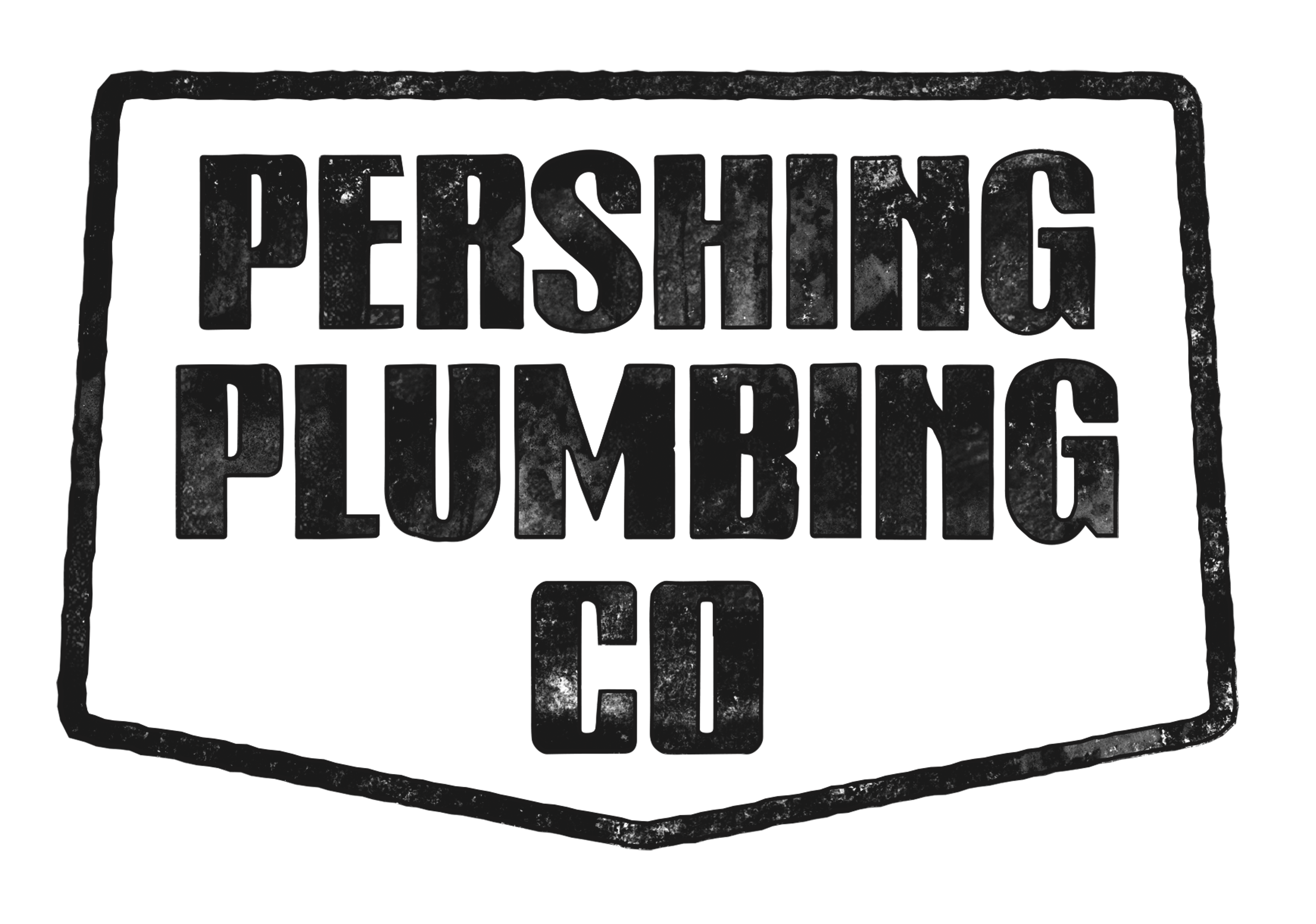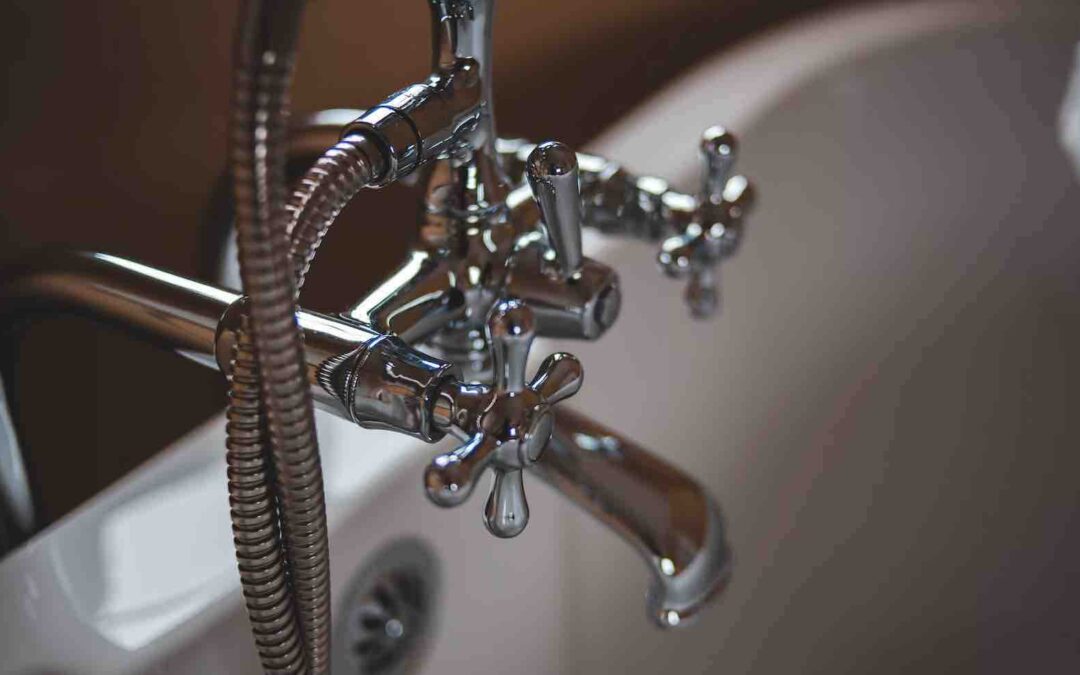A sewer backup is a homeowner’s worst nightmare. Not only is it unpleasant to deal with, but it can also cause expensive damage to your property. While there are some common causes of sewer backups, such as tree roots and blockages, there are some less obvious culprits that you may not be aware of. In this blog post, we’ll take a look at five surprising causes of sewer backups and how to fix them.
- Flushing Non-Dissolvable Materials
One of the most common causes of sewer backups is flushing non-dissolvable materials down the toilet. Items such as feminine hygiene products, baby wipes, and dental floss don’t break down in the sewer system and can easily become stuck, causing a blockage. To prevent this, make sure to only flush toilet paper and waste down the toilet. If you need to dispose of other materials, use a garbage can.
- Pouring Grease Down the Drain
Another surprising cause of sewer backups is pouring grease down the drain. While it may seem harmless to rinse cooking oil or grease down the sink, it can solidify in your pipes and create a blockage. Instead, let the grease cool and solidify, then scrape it into a container and dispose of it in the garbage. You can also purchase a grease trap to catch any excess grease and prevent it from entering your pipes.
- Plant Roots
Tree roots are a well-known cause of sewer backups, but did you know that other plant roots can also cause problems? Shrubs and bushes that are planted too close to your sewer line can send their roots into the pipes, causing blockages and even pipe damage. To prevent this, make sure to plant any vegetation at least 10 feet away from your sewer line.
- Old Pipes
If your home was built before the 1970s, it may have old clay or cast iron pipes that are prone to cracking and breaking. Over time, these pipes can become damaged and cause sewer backups. If you suspect that your pipes may be old and damaged, it’s important to have them inspected by a professional plumber. They can determine if your pipes need to be repaired or replaced.
- Improperly Installed Sewer Line
Finally, an improperly installed sewer line can also cause backups. If your sewer line was not installed correctly, it may be too shallow or too steep, causing waste to back up into your home. This can also occur if the sewer line is not properly connected to the municipal sewer system. If you suspect that your sewer line was installed improperly, it’s important to have a professional plumber inspect it and make any necessary repairs.
In conclusion, there are many surprising causes of sewer backups, but there are also many ways to prevent them. By following these tips and being mindful of what you flush down the toilet and pour down the drain, you can help prevent costly sewer backups and protect your property. If you do experience a sewer backup, it’s important to call a professional plumber as soon as possible to avoid further damage to your home.

